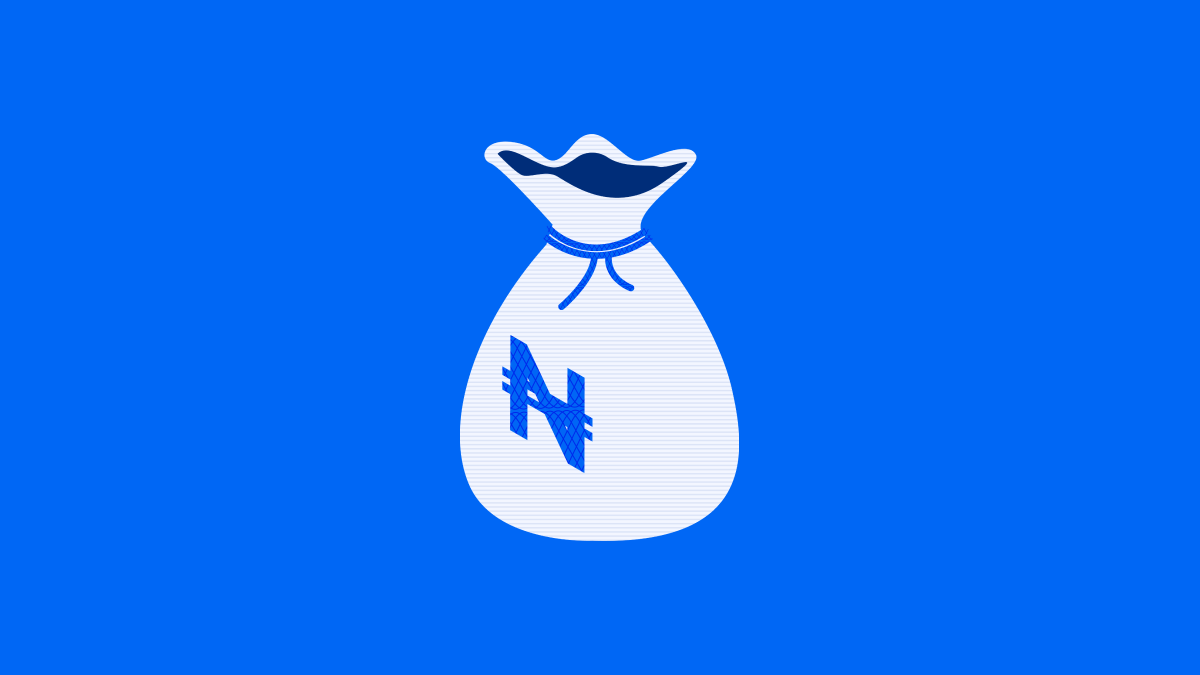
You’re ambitious. You’re navigating Nigeria’s vibrant energy and challenges in 2025, building a career, and dreaming of a secure financial future. But let’s be real: sometimes the economic headwinds are working against those dreams.
According to the National Bureau of Statistics, Nigeria’s inflation rate reached 22.8% in 2024, significantly eroding purchasing power for young professionals. Despite these challenges, wealth-building remains achievable with the right strategies and disciplined execution.
This practical guide outlines actionable wealth-building approaches specifically tailored for Nigeria’s economic realities in 2025, backed by data and expert insights.
Why Prioritising Wealth Building in Your 20s and 30s is Crucial in Nigeria Today
Starting early isn’t just good advice; it’s a mathematical advantage with significant long-term implications:
The Magic of Compounding
In Nigeria’s volatile economy, time in the market is particularly valuable.
Consider this example: If you invest ₦100,000 at age 25 with an average annual return of 15% (accounting for Nigeria’s high inflation), it could grow to over ₦1.6 million by age 45. Wait until age 35 to start, and you’d need to invest about ₦400,000 to achieve the same result.
Outpacing Inflation
Nigeria’s inflation rate has averaged 18.2% over the past three years, according to the Central Bank of Nigeria. Simply saving cash guarantees a loss in purchasing power.
Dr. Yemi Kale, former Statistician-General of the National Bureau of Statistics, emphasises: “Young Nigerians must adopt investment strategies that specifically target returns above our persistent double-digit inflation. Cash under the mattress or in low-yield savings accounts is essentially depreciating.”
Foundational Steps: Getting Your Financial House in Order
Master Your Budget: Know Where Your Money Goes
Young professionals who maintain detailed budgets save on average 31% more than those who don’t, regardless of income level.
Practical Implementation:
- Create a Realistic Plan: While the 50/30/20 rule (50% Needs, 30% Wants, 20% Savings/Investments) is popular globally, Nigerian economic realities often require adjustments. Financial planner Aisha Mohammed recommends a modified 60/20/20 approach for urban professionals dealing with high living costs in cities like Lagos and Abuja.
- Automate Good Habits: Set up automatic transfers to savings and investment accounts before discretionary spending occurs on payday.
Build Your Emergency Fund: Your First Financial Safety Net
The Goal: 6-9 months of essential expenses for Nigerians, slightly higher than global recommendations, due to greater economic volatility.
Where to Keep It: High-yield money market funds currently offer returns of 16-18% in Nigeria while maintaining liquidity.
Tackle High-Interest Debt Strategically
Prioritise eliminating any debt with interest rates above 25%. The mathematical reality is that very few investments can consistently outperform this rate, making debt elimination your highest-return financial move.”
Smart Investment Strategies for Young Professionals in 2025
Understand the Investment Landscape in Nigeria
The following asset classes have shown these average annual returns over the past five years:
- Mutual Funds: 12-22% (depending on fund type)
- Nigerian Stocks (NGX): 17.2% (highly volatile)
- Government Bonds: 14.8%
- Real Estate (major cities): 11.3% (plus potential rental income)
- Dollar-denominated assets: 28.2% in Naira terms (including currency appreciation)
Diversification: The Key to Managing Nigeria’s Market Volatility
A balanced portfolio for Nigerian young professionals in 2025 might include:
- 40% mutual funds (mix of money market, fixed income, and equity)
- 20% direct stocks (blue-chip companies)
- 20% dollar-denominated assets
- 10% government bonds
- 10% alternative investments (including fractional real estate)
Dollar-Denominated Investments: Hedging Against Currency Risk
The Naira has depreciated by an average of 18% annually against the USD over the past three years, according to data from the FMDQ Exchange.
Investment options include:
- Eurobonds (available through local brokerages)
- Dollar mutual funds from SEC-regulated providers
- Domiciliary accounts with dollar-denominated fixed deposits
The Power of Consistency: Automation and Dollar-Cost Averaging
Market timing rarely works, especially in Nigeria’s volatile environment. Instead, focus on consistent investing through all market conditions.
Most investment platforms now offer automated recurring investment features, removing the emotional element from investing.
Beyond Investing: Accelerating Your Wealth Journey
Increase Your Earning Potential
Nigeria’s gig economy has grown by 43% since 2023, according to a report by Jobberman Nigeria, creating substantial opportunities for additional income.
High-Demand Skills for Side Hustles in Nigeria 2025:
- Digital marketing (average ₦150,000-₦300,000 monthly for part-time work)
- UI/UX design (average ₦200,000-₦400,000 per project)
- Content creation and management (average ₦100,000-₦250,000 monthly)
- Data analysis (average ₦180,000-₦350,000 per project)
- Virtual assistance (average ₦80,000-₦150,000 monthly)
Conclusion
Building wealth as a young professional in Nigeria in 2025 requires acknowledging economic realities while maintaining disciplined optimism. By establishing solid financial foundations, implementing smart investment strategies tailored to Nigeria’s unique environment, and continuously expanding your earning potential, financial independence becomes achievable despite the challenges.
Remember the core principles: master your budget, build that essential emergency fund, invest smartly with appropriate diversification, increase your income streams, commit to continuous learning, and maintain the patience to see your strategy through market cycles.
